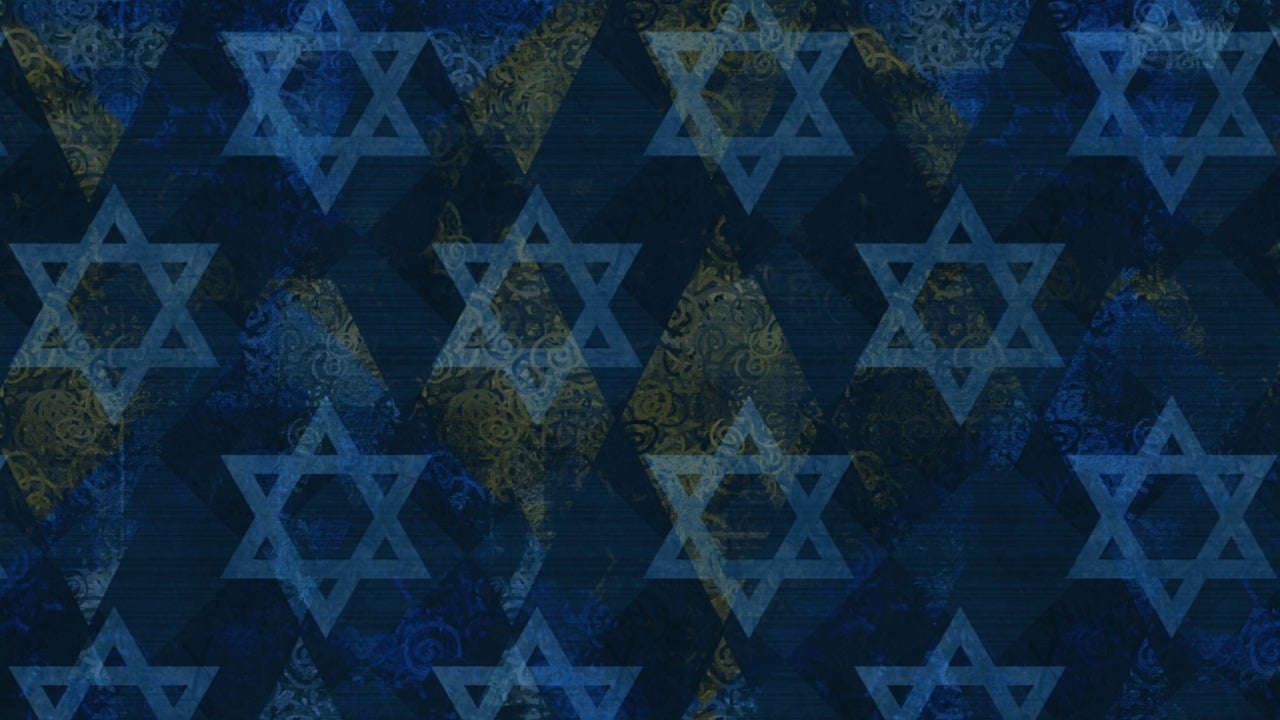The final notes have faded, the glitter swept away, and the hangovers soothed. Another Eurovision has passed, and Israel once again stood on a global stage.
Yet, this wasn’t merely a contest of mediocre tunes. It was, tragically, a profound act of spiritual harlotry, a lamentable exchange where we bartered our true, enduring worth for the ephemeral thrill of cheap popular entertainment.
This “value” isn’t economic. It’s the inherent dignity of a people chosen for a profound purpose, entrusted with an ancient covenant, and blessed with the potential for spiritual greatness. This is our identity, our very essence.
The Prophetic Echo: Chasing the Worthless Over the Worthwhile
Our prophets of old, from Hosea to Jeremiah to Ezekiel, cried out with burning hearts against Israel’s “harlotry.” This wasn’t literal prostitution, but a devastating spiritual infidelity. They lamented a people who traded something more valuable for something less valuable. They spoke of forsaking the Living G-d, the source of all life and blessing, for lifeless idols of wood and stone, for fleeting, unreliable alliances with foreign powers, and for the corrupting influences of surrounding nations.
Remember Hosea’s anguish: “My people inquire of a piece of wood… For a spirit of harlotry has led them astray, and they have played the harlot, withdrawing from their G-d” (Hosea 4:12). Ezekiel’s rebuke was even sharper: “You took some of your garments and made for yourself high places… You also took your beautiful jewelry from My gold and silver, which I had given you… and played the harlot with them” (Ezekiel 16:15-19). These were not just condemnations of sin, but of supreme ingratitude. They highlighted how Israel squandered G-d’s gracious gifts—blessings, identity, divine purpose—on worthless pursuits, on things that offered neither sustenance nor salvation.
Today, we witness a modern iteration of this ancient lament. Our “more valuable” is the unique spiritual heritage of Israel. It’s the profound truth of Torah, the unwavering commitment to justice and righteousness, our calling to be a distinct people whose very existence testifies to a divine purpose. This is our greatest offering to humanity, our intrinsic worth.
What, then, is the “less valuable” for which we make this trade? It’s the transient applause of a global entertainment machine, the momentary thrill of popular acceptance, the fleeting illusion of being “like all the nations.” Eurovision embodies this. It’s a celebration of superficiality, empty tunes, and ephemeral trends, where depth is sacrificed for spectacle, originality lost in broad appeal. We take the “gold and silver” of our spiritual inheritance—our unique call, our moral depth, our prophetic voice—and use it to “adorn” the “idols” of popular culture, prostituting ourselves for fleeting validation from those who hate us.
The Spectacle of Subservience: Our Dangerous Quest for Adversaries’ Approval
But the lament runs deeper still. We have been in spectator mode in Galus (exile) for so long that we find it difficult to awaken to the reality that we are now required to move to participant mode. We’re not meant to merely “witness” the Geulah (redemption), but to bring it! Instead, we’re like actors on stage in a live performance, with the stage assistant shouting, “It’s your line! It’s your line!”, and we stand bewildered: “Huh?”
This participation in competitions like Eurovision, despite facing snubs, boycotts, and open animosity, is a clear form of seeking validation from open adversaries. This suggests a dangerous willingness for international recognition and acceptance to outweigh our very national pride.
Each attempt to compete, despite the known risks of humiliation or rejection, is a tacit admission of a deep-seated need for approval from the very entities expressing animosity. By consistently returning to these platforms, Israel reinforces its dependence on external validation, even if that validation comes at the cost of repeated slights. The act of competing, despite the high likelihood of encountering unsportsmanlike conduct rooted in political or ideological opposition, betrays a willingness to “swallow pride” for the sake of remaining on the global stage. This emphasis on mere participation shifts the focus from achievement to the symbolic act of repeatedly presenting Israel debased before dishonorable and hostile competitors.
This isn’t resilience; it’s a spectacle of subservience. Repeated exposure to negative treatment, with no significant shift in attitude from our detractors, projects an image of a nation eager to endure indignities for the sake of participation itself.
Our insistence on competing is seen by the nations as nothing but a strategy to curry favor, demonstrating commitment to rules that are rarely applied equally or respectfully to us. The underlying motivation is seen as gaining acceptance or sympathy through persistent engagement, despite the associated humiliations.
This continued participation is not an act of strength, nor a pursuit of universal ideals. Instead, it manifests a profound need for acceptance that leads to actions perceived as self-abasing before Israel’s enemies.
The True Path to Redemption: Dropping Our Security Blankets
The prophets would surely mourn. They would see not just a song contest, but a symptom of a deeper disease: a nation that has forgotten its covenantal purpose, seduced by the siren call of worldly affirmation, and willing to endure indignity for a fleeting sense of acceptance. They would lament that Jerusalem, once “full of justice” and where “righteousness lodged” (Isaiah 1:21), now seeks validation in the cheers of a crowd more interested in sensation than prophecy, even when those cheers are laced with disdain and contempt.
But in order to truly be participants in our redemption, we must thoroughly understand just how hopeless our situation is without the Creator. No leaders, no political parties, no -isms, no allies, no IDF, no first response squad can or will save us. No government ministry, no news organization, no government rabbi, and no false prophet of the establishment will ever tell you the truth.
Whoever has a memory and a mind should have no problem understanding who and what truly leads the State of Israel. It is too emotionally wrenching for many to face, but face it we must, and face it we will, sooner or later.
The interim suffering, however, is unnecessary. We are afraid to drop all our silly security blankets and only trust the Creator, but that is precisely what we will do in the end. Why condemn our children to unnecessary horror when we could be bringing the Geulah now?
The time for self-deception is over. Stop voting for wicked enemies of the Creator and His Torah. Unsubscribe from Netflix and all other open-sewer pipelines that run straight into your brain. Stop reading mainstream news if you are not experienced in identifying psychological warfare propaganda. And most importantly, stop letting G-d keep catching you being afraid of anything but Him.
Let us not trade our potential for spiritual greatness for the cheap thrills of popular entertainment, nor for the illusory acceptance of those who seek to destroy us. For when we do, the song we sing, no matter how skillfully, becomes a lament, echoing the ancient cry: “How the faithful city has become a harlot.” It is time to remember who we are, and whose we are.




